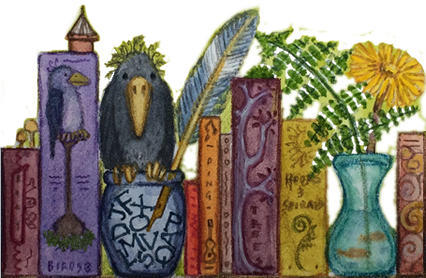

“Graffeg have had the pleasure of working with Eva on a number of projects over the past few years, furnishing us with an added educational resource for many of our books. Work of the highest standard is always completed on time and I would happily recommend Eva to anyone looking for top quality teachers' notes to accompany their texts.”
Matthew Howard | Publishing Director, Graffeg
Comprehensive teachers’ notes designed to develop critical thinking skills and a more sophisticated, considered response to texts and illustrations.
Scroll to list of available notes
The notes provide: